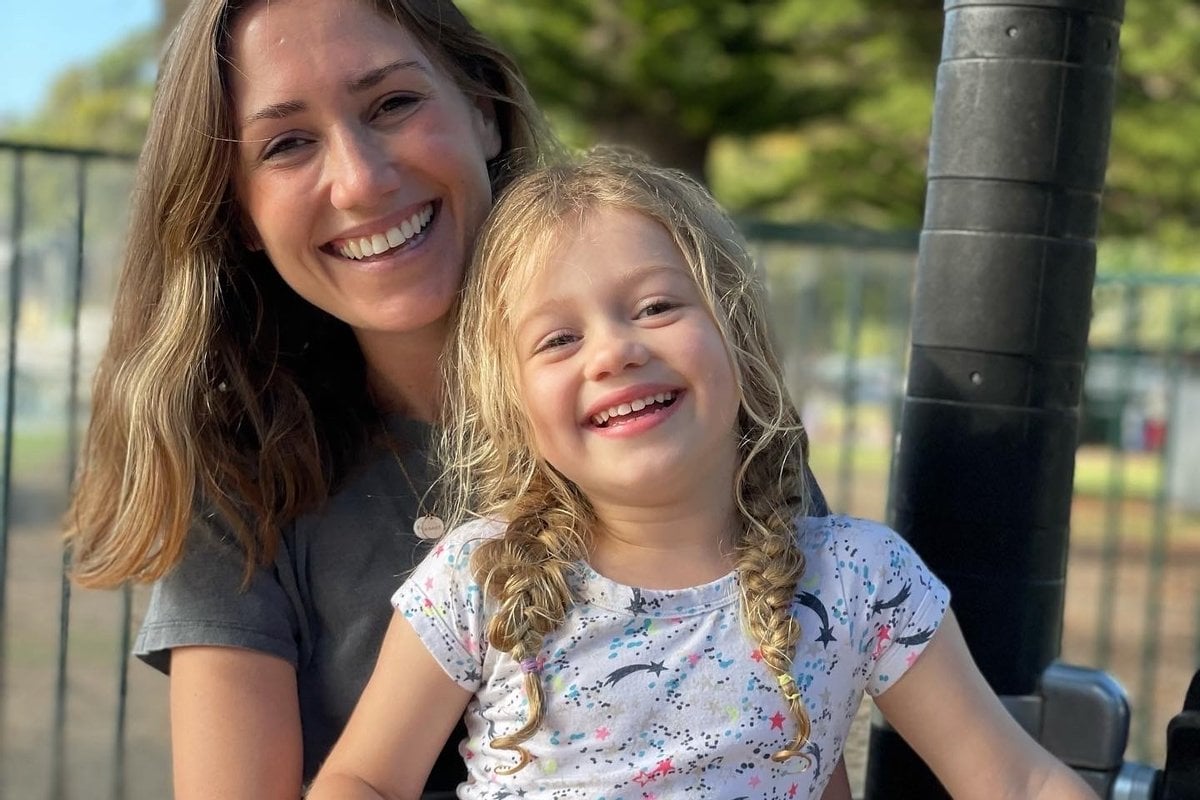
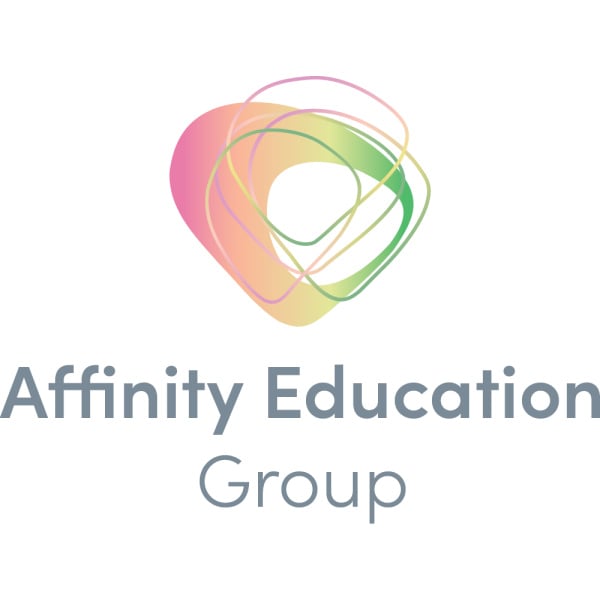
“So, do you have any questions?” she asked.
And the entire contents of my brain evaporated.
I wasn’t in a job interview but I was just as stressed.
I was trying to get my daughter into an incredibly in-demand local preschool and I couldn’t think of a question that didn’t make me look like a dud, disinterested parent.
Not because I wasn’t interested or motivated. But because I didn’t even know enough about early education to know where to begin.
I mean, in my defence, I was five years old the last time I had anything to do with it.
From talking to other parents, I know I’m not alone in feeling confused when it comes to choosing a preschool.
So, to help us all out, I chatted to Dr Lesley Jones, from Affinity Education — a group that owns and operates more than 160 Lifelong Learning Centres throughout Australia.
Dr Lesley has worked in early childhood education for more than 30 years and she says there are really only 5 things to think about when choosing your child's preschool. (Phew.)
So here’s a summary of what questions you need answered and exactly how to ask them.
1. Teaching style
“Teaching style refers to the way that teachers or educators approach their work,” Dr Lesley tells Mamamia.
“The easiest way to understand this is to think back to some of the teachers you had as a child. Which ones were your favourites and which ones not so much? The difference was most likely their style.”

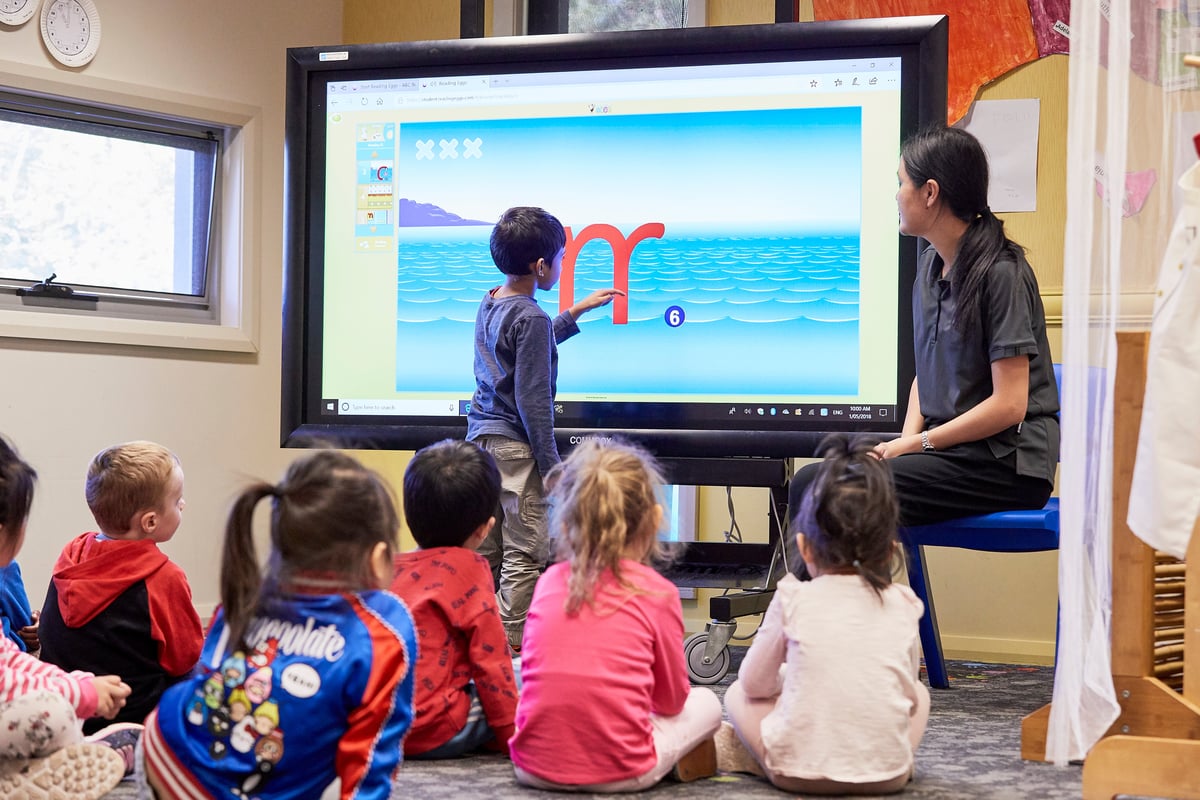
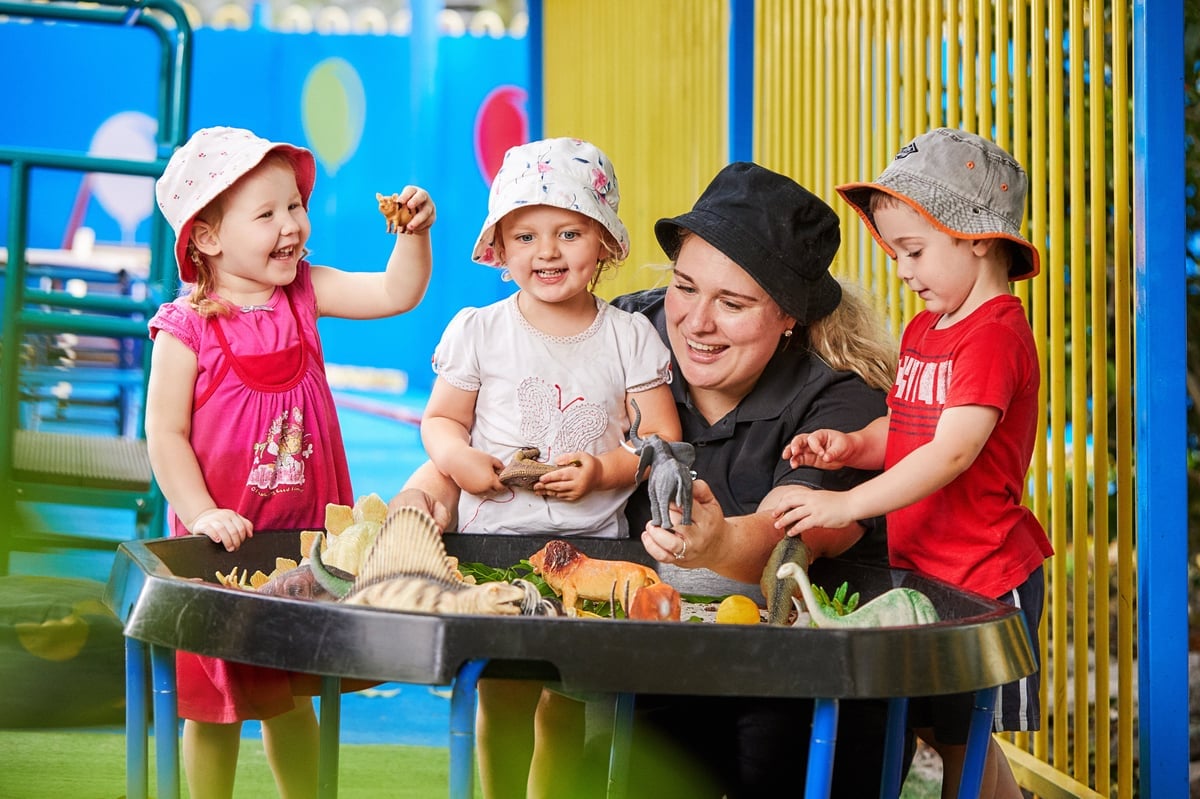
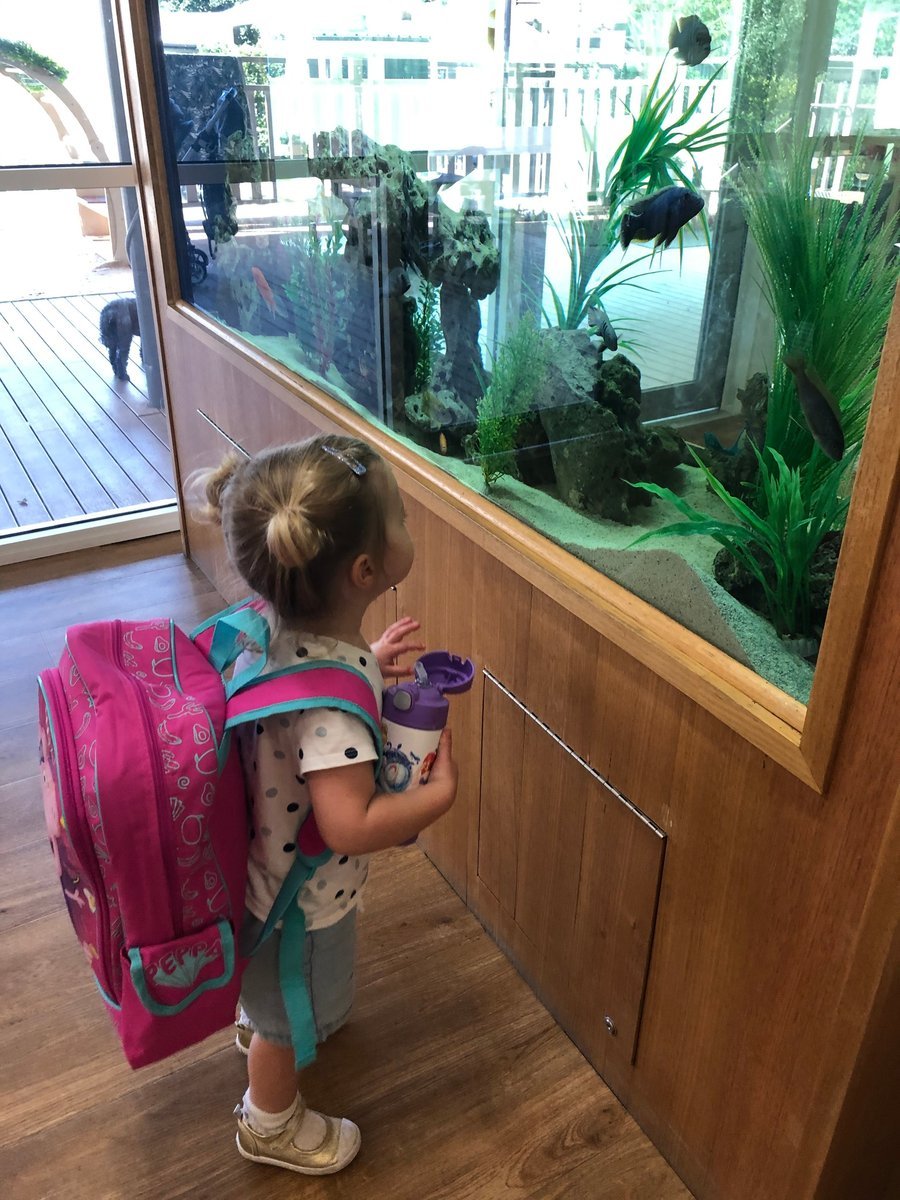
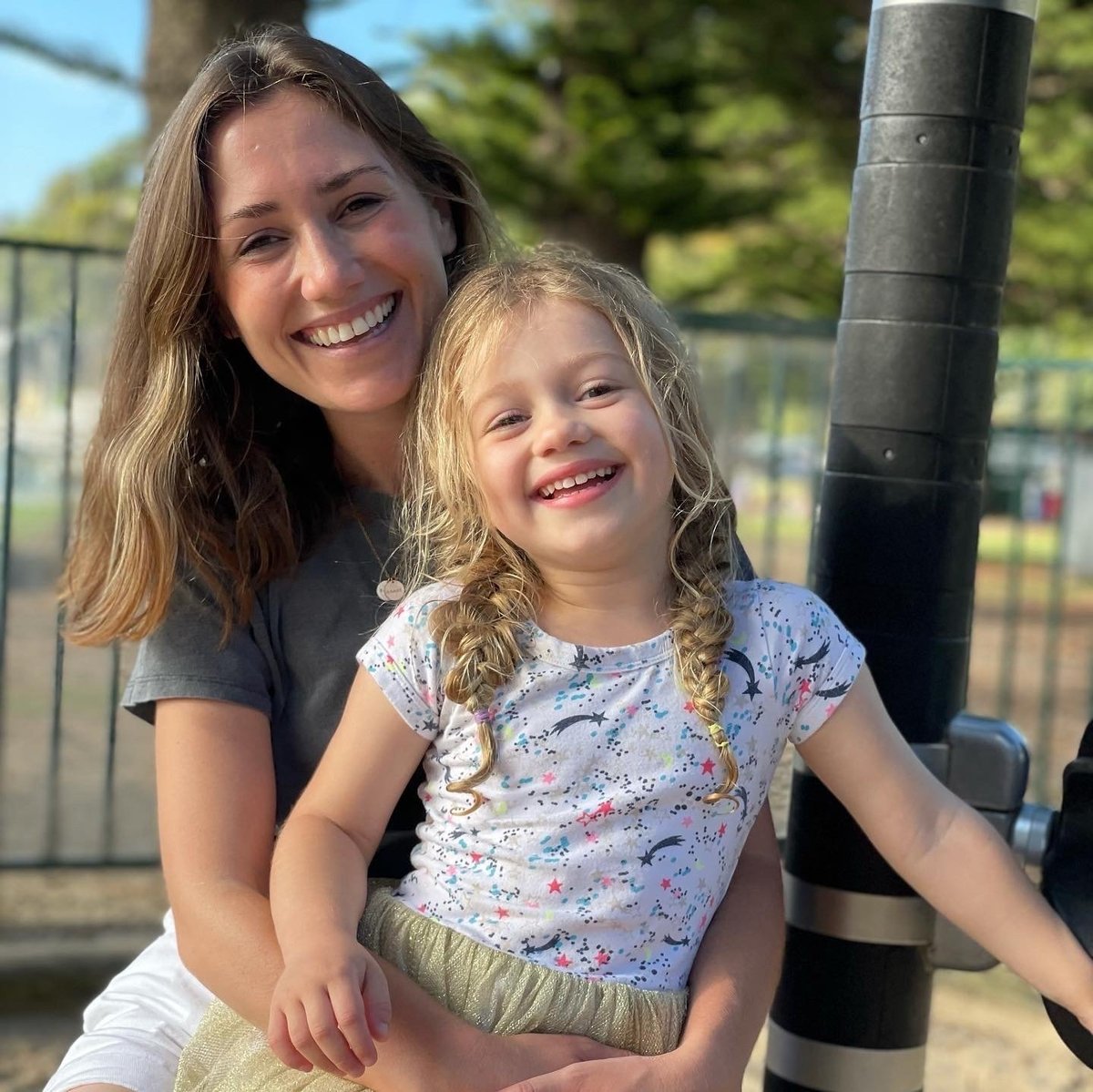
Top Comments